# gst
12 posts in `gst` tag
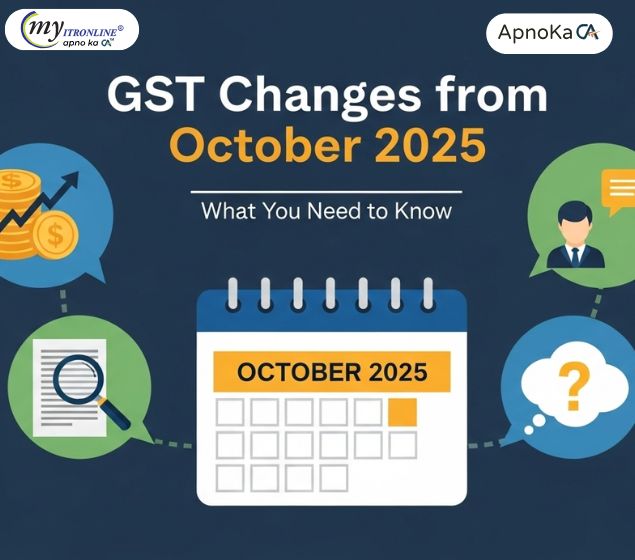
GST Changes from October 2025: What You Need to Know
Starting October 2025, the GST system will undergo major changes affecting how businesses file returns and claim input tax credit. Key updates include manual ITC acceptance, locked GSTR-3B liabilities, new credit note rules, and invoice-level TDS reporting. Businesses must adapt to stay compliant and avoid filing issues.

GST Removed on Insurance But Agents Are Paying the Price
The government has eliminated the 18% GST on life and health insurance premiums effective October 1, 2025. While this benefits customers by lowering costs, insurance agents—especially those working with private insurers—are facing commission cuts of up to 18% due to the loss of input tax credit. Public insurers are absorbing the GST cost, but private companies are passing it on to agents.

CBIC Announces 90% Quick Refund for Businesses A Major Relief
The CBIC has rolled out a provisional refund mechanism allowing eligible businesses to receive 90% of their GST refunds upfront from October 1, 2025. This move targets industries facing cash flow issues due to inverted duty structures and aims to accelerate business operations and growth.
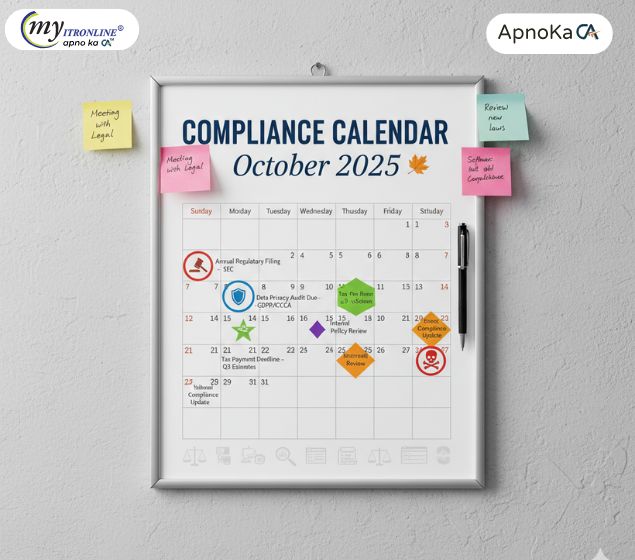
Compliance Calendar October 2025 – Key Tax and Regulatory Deadlines
October 2025 is packed with critical tax and regulatory deadlines. This blog highlights key dates for income tax, GST, MCA filings, EPF/ESI contributions, and audit-related submissions to help you stay compliant and avoid penalties.
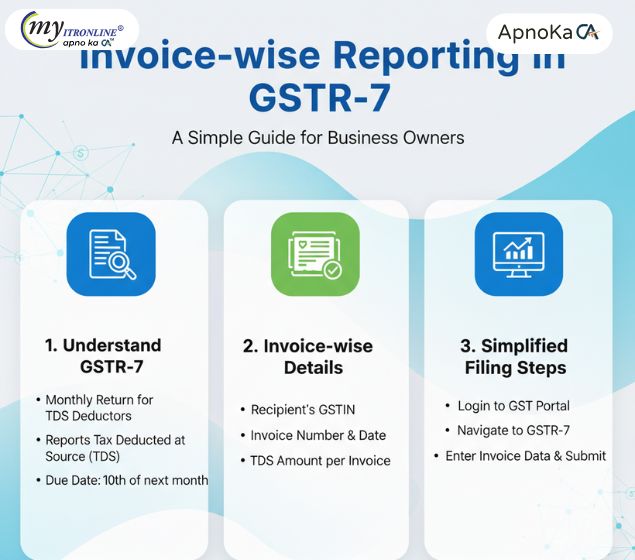
Invoice wise Reporting in GSTR-7: A Simple Guide for Business Owners
The GST portal now requires invoice wise reporting in Form GSTR-7 for all TDS deductors. This blog explains the change, its impact on deductors and suppliers, and provides a practical checklist to stay compliant and avoid mismatches.

October Tax Compliance Deadlines You Can’t Afford to Miss
October is a crucial month for tax professionals and businesses in India, with multiple compliance deadlines across GST, TDS/TCS, ROC filings, income tax returns, and employee contributions. This blog provides a clear and actionable checklist to help you stay compliant, avoid penalties, and manage your filings efficiently.
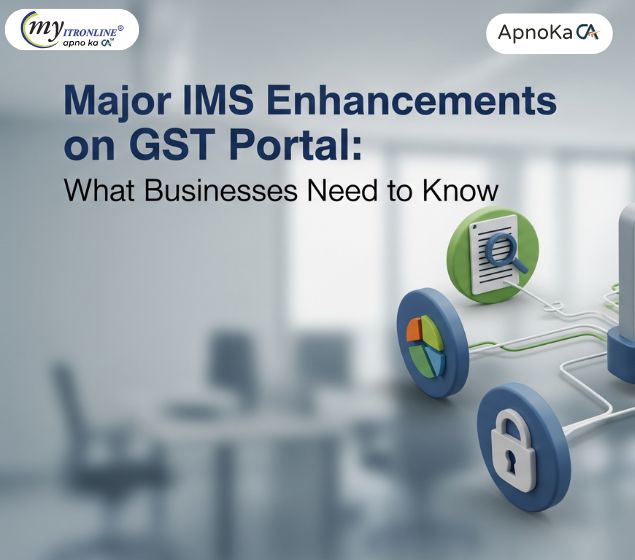
Major IMS Enhancements on GST Portal: What Businesses Need to Know
Starting October 2025, the GSTN has rolled out major updates to the Invoice Management System (IMS) that simplify compliance, improve transparency, and give taxpayers more control over invoice handling. This blog breaks down the key changes and what they mean for businesses.
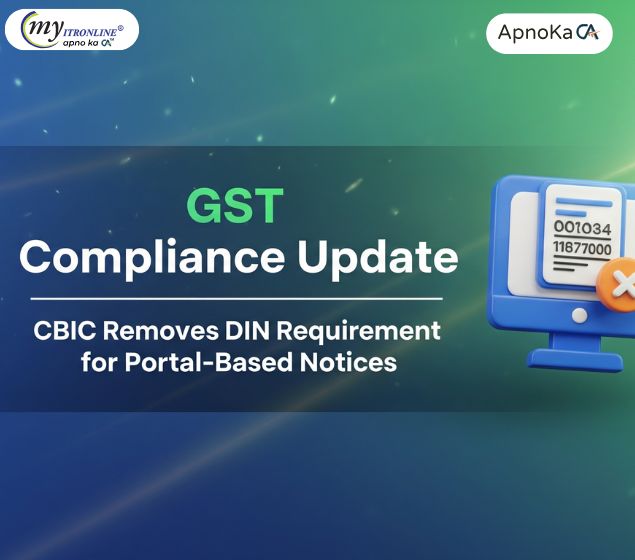
GST Compliance Update: CBIC Removes DIN Requirement for Portal-Based Notices
CBIC has released Circular No. 249/06/2025-GST, removing the mandatory use of DIN for communications issued via the GST portal. However, DIN remains compulsory for eOffice-based documents, as clarified in Circulars No. 23/2025 - Customs and 252/09/2025 - GST. This blog explains the changes and what taxpayers need to know.
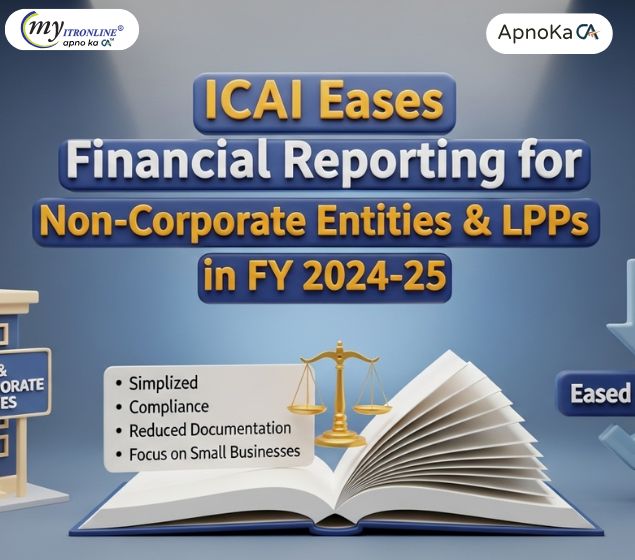
ICAI Eases Financial Reporting for Non-Corporate Entities & LLPs in FY 2024-25
The Institute of Chartered Accountants of India (ICAI) has announced a significant, temporary compliance relaxation for non-corporate entities and Limited Liability Partnerships (LLPs) for the Financial Year 2024-25. This allows these entities to optionally adopt updated guidance notes on financial statements, aiming to reduce administrative burden while maintaining transparency and accuracy. This flexibility ensures that core accounting standards remain paramount, offering businesses a choice in their reporting approach for the upcoming fiscal year.
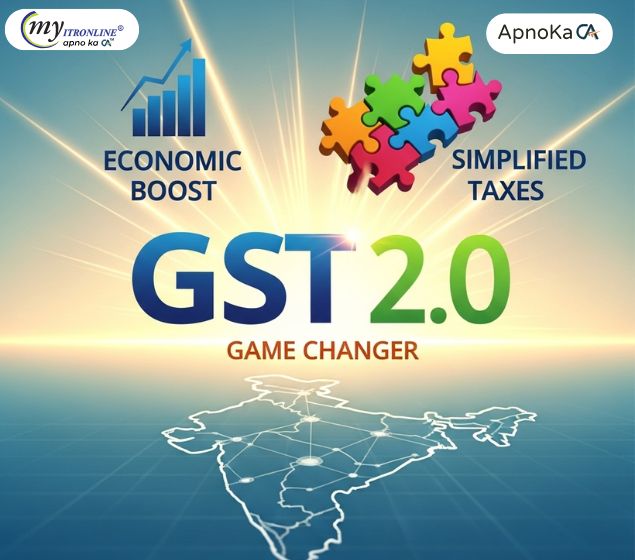
GST 2.0: A Game Changer for India? Simplified Taxes & Economic Boost
This blog post provides a comprehensive overview of India's GST 2.0, implemented on September 22, 2025. It details the key features, including the reduction of tax slabs to 5% and 18% (with a new 40% for luxury/sin goods), lower taxes on essential goods, durables, and automobiles, and increased prices for luxury items. The article identifies beneficiaries like everyday households, the middle class, farmers, healthcare consumers, and MSMEs. It also addresses potential challenges such as revenue shortfall, price pass-through issues, and transition headaches for businesses. Finally, it outlines expected economic ripples and crucial factors to monitor for the reform's success, concluding that GST 2.0 is a bold step towards simplifying life for millions. An appendix with sample MRP comparisons is also included.
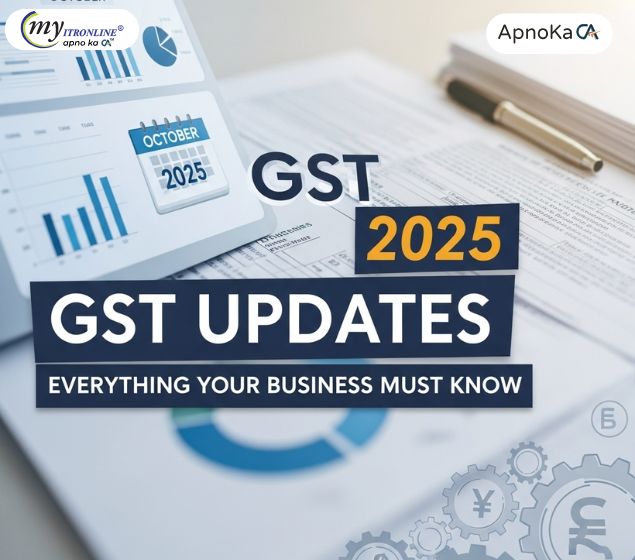
Big Changes Coming to GST on October 1, 2025: What Your Business Needs to Know
The Indian government has announced significant GST updates, effective October 1, 2025, stemming from the Finance Act, 2025. These amendments will impact definitions, voucher taxation, Input Tax Credit (ITC) on plant & machinery (retrospectively from 2017), return filing procedures, appeal processes, and introduce a new 'track & trace' system with associated penalties. Businesses must prepare for these changes by reviewing operations, updating systems, and training staff to ensure compliance and manage potential cash flow implications.
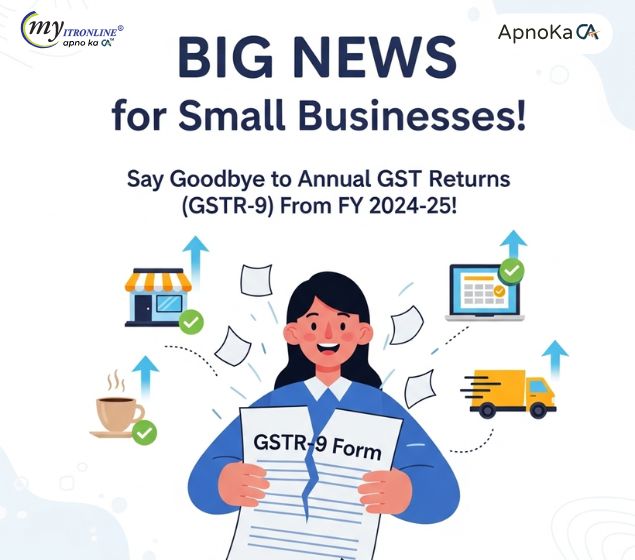
Big News for Small Businesses: Say Goodbye to Annual GST Returns (GSTR-9) From FY 2024-25!
This blog post announces a significant and permanent change in GST compliance for small businesses in India. From Financial Year 2024-25, businesses with an annual aggregate turnover of up to 2 crore are exempt from filing the annual GST return (Form GSTR-9). The article details what changed, who benefits, and the tangible advantages like time and cost savings. It also highlights crucial reminders about continued monthly/quarterly filings, record-keeping, and turnover monitoring. The post emphasizes that this move will greatly enhance the "Ease of Doing Business" for millions of small enterprises.
